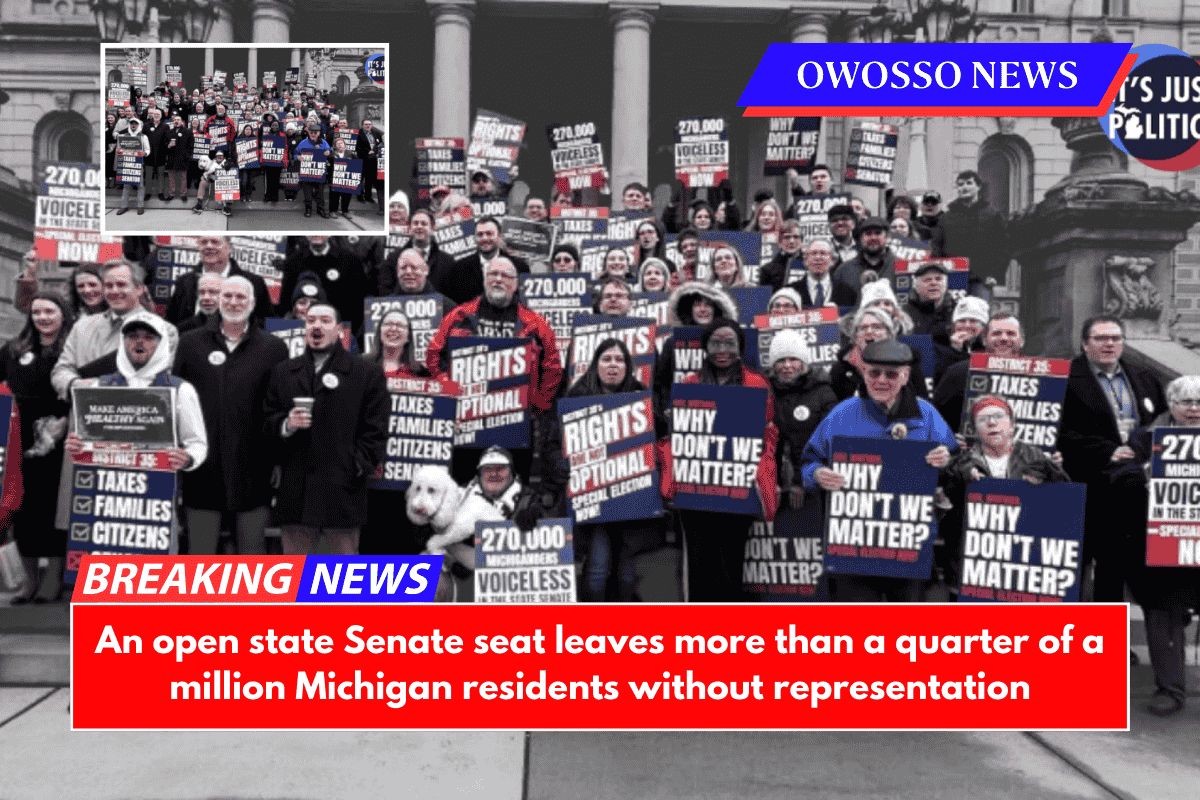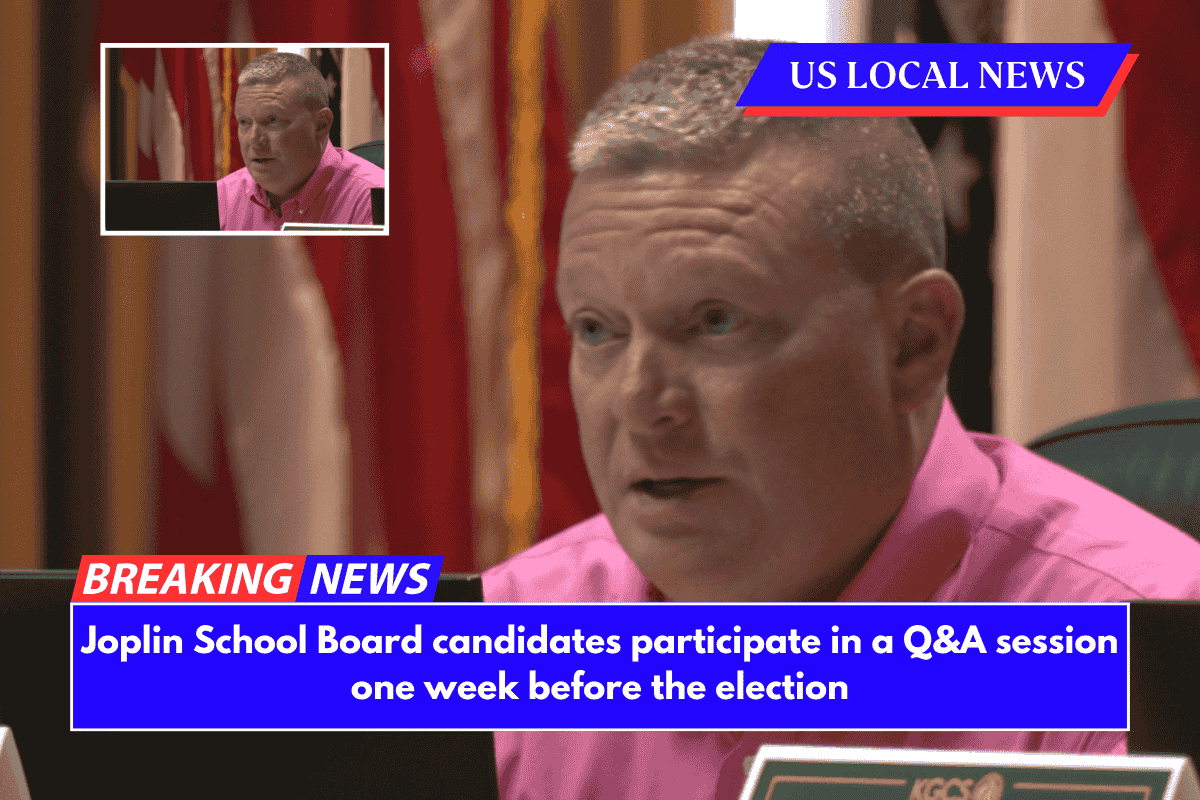Michigan Democrats lost their state government trifecta last year when Republicans took control of the state House. The departure of now-former Sen. Kristen McDonald Rivet (D-Bay City) for the halls of Congress puts the Democratic Senate majority in jeopardy.
Depending on the outcome of a special election to fill the swing seat, the state Senate Democrats’ slim 19-18 majority could turn into a 19-19 tie (with Lt. Gov. Garlin Gilchrist waiting in the wings as a tiebreaker).
It is up to Governor Gretchen Whitmer to schedule a special primary and general election to fill the 35th Senate district vacancy. Whitmer knew she would have to call special elections since November, and the seat has been vacant since January.
Whitmer has been elusive about her plans to schedule a primary and a special election to fill the seat and give voters in Bay, Midland, and Saginaw counties a voice in the Senate.
“I’ll let you know when I’ve got something to announce,” Whitmer told Rick last week.
Republicans, unsurprisingly, are unhappy.
“We know this is a competitive seat Republicans can win, and the governor, for purely political reasons, is trying to prevent us from having representation in this district,” Senate Minority Leader Aric Nesbitt (R-Porter Twp.) told WCMU reporter AJ Jones, who has been following the story all year.
AJ spoke with protesters who gathered at the Michigan Capitol ahead of Whitmer’s State of the State address last month.
“A lot of big ticket Republicans spoke,” he told us on this week’s podcast. “And I spoke with quite a few locals at that event. They all told me that they thought it wasn’t really fair. They felt underrepresented.
We should mention that the district’s Senate office is still open and providing constituent services. However, the district does not have a vote on the Senate floor or representation on committees, where much of the policymaking and oversight work takes place.
“About 270,000 people live here…it’s one of the state’s larger metro areas,” AJ told me. Business leaders “issued statements calling for a special election following a heated debate over sick leave and the minimum wage last month. And [they] wanted a community member in the state Senate to represent their interests.”
According to AJ, the Capitol news service MIRS calculated that Whitmer has historically called special elections within 17 days of a seat becoming vacant.
“This is the longest gap between a vacancy date and a special-election announcement date during Governor Whitmer’s term. This is a contentious issue among Republicans. because they’re saying, ‘Well, when the Democratic House majority was at risk in two fairly safe Democratic strongholds, you called the elections really quick,'” AJ explained.
Governors typically prefer to schedule special elections around regular election dates. It costs less for taxpayers. It’s easier for local clerks, who already have limited time and resources.
So Whitmer may postpone the August and November special elections. However, that is a long time to leave a seat vacant, with no word on when voters will be able to select a new lawmaker.
Another twist, perhaps, is that with Governor Whitmer’s second-term agenda on the line, such as road repairs, calling special elections could be used as a bargaining chip with legislative Republicans.


















